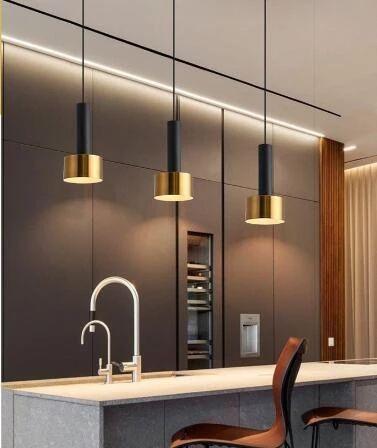Ardor, the multichain blockchain-as-a-service (BaaS) platform, is making significant progress in product development and signing new partnerships to expand its ecosystem further.
Recently, the Ardor team released the v.2.4.0e upgrade for the Ardor 2.0 testnet version. This experimental release is part of a mandatory upgrade and was scheduled for block 9800000 on March 20, 2022.
With this upgrade, the Ardor team adds two new enhancements to the platform’s built-in decentralized Asset Exchange, allowing child chain creators to trade assets between themselves without going through a centralized exchange or any other third-party service.
The first enhancement, Flexible Asset Control, allows users to control who can trade, transfer, or pay to divide an asset. Previously, control was confined to all asset transaction types, limiting users’ flexibility. The second addition to the platform, titled Asset-Trade Royalties, empowers an asset issuer to collect a defined percentage of each trade in their issued assets. Royalties are deducted from an asset seller’s payment (in the child chain currency) and deposited to the asset issuer’s account.
Expanding Into The NFT Market And Real-World Applications
In many cases, third-party service providers manage the smart contracts that power NFTs, leading to security problems and heightened centralization. Ardor, on the other hand, natively supports NFT assets and tokens, thereby removing the need for any third-party service provider or rent-taking intermediary. At the same time, the platform is highly scalable, customizable, and cost-efficient. This is why an increasing number of NFT projects are electing to use Ardor as their preferred platform.
As a blockchain-as-a-service (BaaS) provider, Jelurida offers public, private, and hybrid blockchain solutions that can support a diverse range of real-world applications. The platform is best known for spearheading the efforts to solve blockchain’s environmental impacts by introducing Nxt, the world’s first 100% PoS (Proof-of-Stake) blockchain. Jelurida, the company behind the Ardor, Ignis, and Nxt blockchains, is already collaborating with several prominent companies and governments to expand further the use cases supported by its blockchain services.
Ardor is the successor to Nxt. Hence, it comes not only equipped with everything that Nxt has to offer, but it also has several add-on features that allow anyone to create their own blockchains, build decentralized applications, and issue tokens. It also solves existing industry problems, including single token dependency, the need for easily customizable-yet-compatible solutions, and blockchain bloat.
Designed to be a scalable, multichain platform for business use, Ardor is currently home to a diverse range of projects in the areas of gamification, real-world applications, and NFTs. For instance, Jelurida, in partnership with the Austrian Institute of Technology and several other crypto firms, has developed the HotCity project to enable residents to submit micro-sources of waste heat and earn tokens for their participation.
The HotCity project, launched in 2020, was funded by a €310,000 grant from the Austrian Federal Ministry for Climate Action, Environment, Energy, Mobility, Innovation, and Technology. Other notable projects that are harnessing the power of Ardor and Ignis chains include Cycle4Value, TreeCycle, and the ongoing project with Accenture to build a solution for supply chain traceability for the European Union (EU).
In addition to the above, NFT projects like the Polygon-based NFT game Mythical Beings, NFTMagic, DeFiMAGIC, Sigbro, Triffic Geomorfs, and several others are also leveraging the features of Ardor to enhance their products and services.
As Ardor continues to expand its footprint in the NFT space, both of the newly added enhancements will play crucial roles in making the platform more appealing for NFT issuers.





